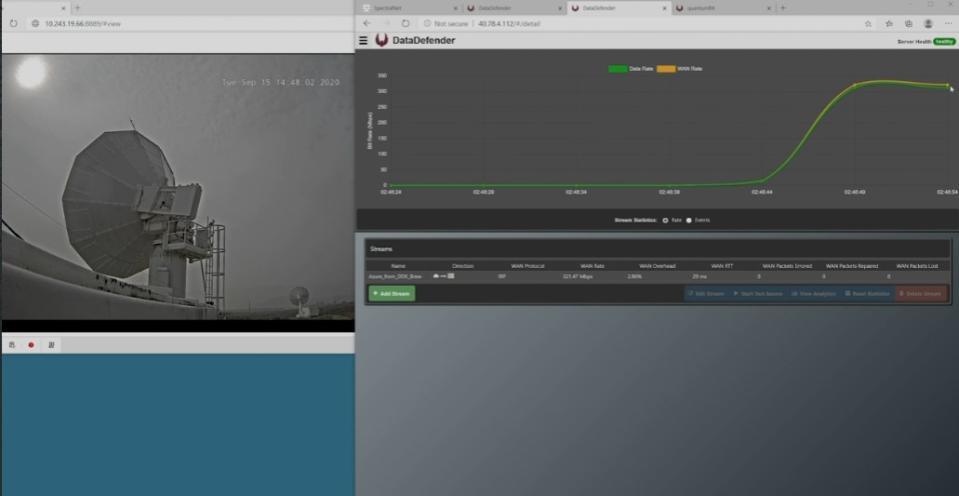Microsoft launches Azure Orbital to connect satellites to its cloud
At its (virtual) Ignite conference, Microsoft today announced the launch of Azure Orbital, a new service that is meant to give satellite operators a complete platform to communicate with their satellites and process data from them -- including the ground stations to receive those signals.
The company is specifically positioning the services as a solution for working with geospatial data and it is already partnering with Amergint, Kratos, KSAT, KubOS, Viasat, US Electrodynamics and Viasat to bring the service to market.
Image Credits: Microsoft
"Microsoft is well-positioned to support customer needs in gathering, transporting, and processing of geospatial data," Yves Pitsch, principal product manager, Azure Networking, writes in today's blog post. "With our intelligent cloud and edge strategy currently extending over sixty announced cloud regions, advanced analytics, and AI capabilities coupled with one of the fastest and most resilient networks in the world – security and innovation are at the core of everything we do."
Image Credits: Microsoft
The promise here is that satellite operators will be able to run not just the data analysis on Microsoft's cloud but all of their digital ground operations. That includes the ability to schedule contacts with their spacecraft over Microsoft's owned and operated ground stations (using X, S and UHF frequencies). That data can then immediately flow into Azure's various solutions for storage, analysis and machine learning.
With AWS Ground Stations, Amazon already offers a similar ground station-as-a-service product that also includes a global network of antennas and direct access to the AWS cloud. AWS went one step further, though, and recently launched a dedicated business unit for aerospace and satellite solutions.

 Yahoo Finance
Yahoo Finance 


